13 start with S start with S
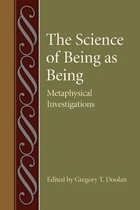
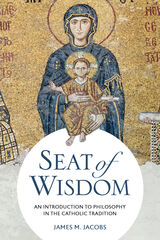
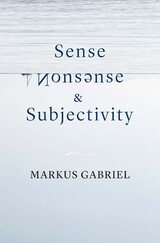
A leading German philosopher offers his most ambitious work yet on the nature of knowledge, arguing that being wrong about things defines the human condition.
For millennia, philosophers have dedicated themselves to advancing understanding of the nature of truth and reality. In the process they have amassed a great deal of epistemological theory—knowledge about knowledge. But negative epistemological phenomena, such as ignorance, falsity, illusion, and delusion, are persistently overlooked. This is surprising given that we all know how fallible humans are.
Sense, Nonsense, and Subjectivity replies with a theory of false thought, demonstrating that being wrong about things is part and parcel of subjectivity itself. For this reason, knowledge can never be secured without our making claims that can always, in principle, be wrong. Even in successful cases, where we get something right and thereby gain knowledge, the possibility of failure lingers with us. Markus Gabriel grounds this argument in a novel account of the relationship between sense, nonsense, and subjectivity—phenomena that hang together in the temporal unfolding of our cognitive lives.
While most philosophers continue to theorize subjectivity in terms of conscious self-representation and the supposedly infallible grip we have on ourselves as thinkers, Sense, Nonsense, and Subjectivity addresses the age-old Platonic challenge to understand situations in which we do not get reality right. Adding a stimulating perspective on epistemic failures to the work of New Realism, Gabriel addresses long-standing ontological questions in an age where the line between the real and the fake is increasingly blurred.
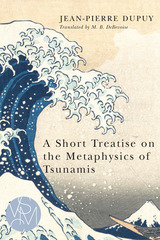
Jean-Pierre Dupuy asks whether, from Lisbon to Sumatra, mankind has really learned nothing about evil. When moral crimes are unbearably great, he argues, our ability to judge evil is gravely impaired, and the temptation to regard human atrocity as an attack on the natural order of the world becomes irresistible. This impulse also suggests a kind of metaphysical ruse that makes it possible to convert evil into fate, only a fate that human beings may choose to avoid. Postponing an apocalyptic future will depend on embracing this paradox and regarding the future itself in a radically new way.
The American edition of Dupuy’s classic essay, first published in 2005, also includes a postscript on the 2011 nuclear accident that occurred in Japan, again as the result of a tsunami.
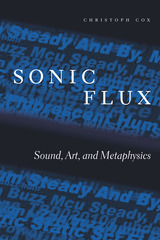
Through the philosophical analysis of works by John Cage, Maryanne Amacher, Max Neuhaus, Christian Marclay, and many others, Sonic Flux contributes to the development of a materialist metaphysics and poses a challenge to the prevailing positions in cultural theory, proposing a realist and materialist aesthetics able to account not only for sonic art but for artistic production in general.
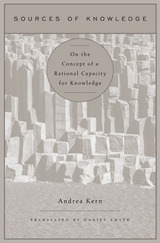
How can human beings, who are liable to error, possess knowledge? The skeptic finds this question impossible to answer. If we can err, then it seems the grounds on which we believe do not rule out that we are wrong. Most contemporary epistemologists agree with the skeptic that we can never believe on grounds that exclude error. Sources of Knowledge moves beyond this predicament by demonstrating that some major problems of contemporary philosophy have their roots in the lack of a metaphysical category that is fundamental to our self-understanding: the category of a rational capacity for knowledge.
Andrea Kern argues that we can disarm skeptical doubt by conceiving knowledge as an act of a rational capacity. This enables us to appreciate human fallibility without falling into skepticism, for it allows us to understand how we can form beliefs about the world on grounds that exclude error. Knowledge is a fundamental capacity of the human mind. Human beings, as such, are knowers. In this way, Sources of Knowledge seeks to understand knowledge from within our self-understanding as knowers. It develops a metaphysics of the human mind as existing through knowledge of itself, which knowledge—as the human being is finite—takes the form of a capacity.
Regaining the concept of a rational capacity for knowledge, Kern makes a powerful and original contribution to philosophy that reinvigorates the tradition of Aristotle and Kant—thinkers whose relevance for contemporary epistemology has yet to be fully appreciated.

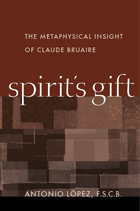
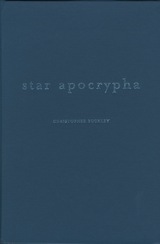
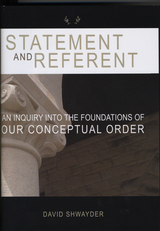
Plato’s Parmenides and Aristotle’s Metaphysics initiated the discussion of the “First Philosophy” in the Western canon. Here, David Shwayder continues this debate by considering statements as the fundamental bearers of truth-values. Systematically moving from action to utterance, Shwayder argues that the category of “bodies” is fundamental to the human scheme of conceptualization and that if we had no capacity to refer to bodies then we would be unable to address referents from other categories.

Studies in Metaphysics was first published in 1979. Minnesota Archive Editions uses digital technology to make long-unavailable books once again accessible, and are published unaltered from the original University of Minnesota Press editions.
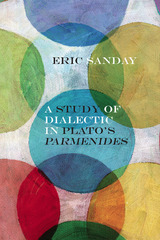

READERS
Browse our collection.
PUBLISHERS
See BiblioVault's publisher services.
STUDENT SERVICES
Files for college accessibility offices.
UChicago Accessibility Resources
home | accessibility | search | about | contact us
BiblioVault ® 2001 - 2024
The University of Chicago Press









